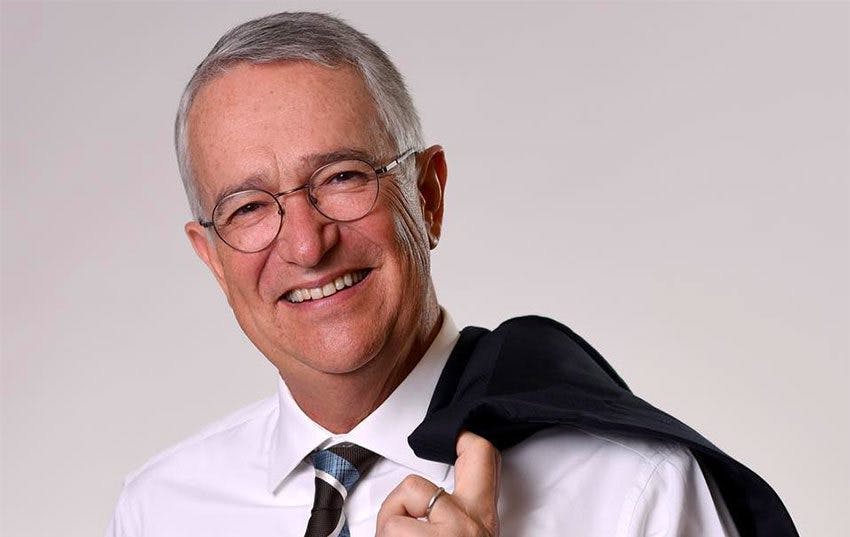Banco Azteca Looking to Accept Bitcoin
Billionaire and bank founder calls fiat currency “a fraud,” recommends crypto to be part of every portfolio

Ricardo Salinas Pliego, owner, Banco Azteca
- Ricardo Salinas Pliego’s bullish stance on bitcoin could lead to crypto services at Mexico City-based consumer bank
- With estimated net worth of $15.8 billion, Pliego previously said he had allocated 10% of his liquid portfolio to bitcoin.
One of Mexico’s richest people and the founder of Banco Azteca said that his company is working to become the first bank in the country to accept bitcoin.
“[Bitcoin] is a good way to diversify your investment portfolio and I think that any investor should start studying about cryptocurrencies and their future,” Ricardo Salinas Pliego said in a Twitter post on Sunday. “…We are working to bring them to our clients and continue promoting freedom.”
In addition to Mexico, Banco Azteca operates in Panama, Guatemala, Honduras and Peru. It offers personal loans, group loans, asset-backed loans, credit cards and other services, according to the firm’s website. The bank has more than 16 million savings accounts and more than 18 million credit accounts
Arturo Herrera, Mexico’s finance minister, said during a news conference on Monday that cryptocurrencies are prohibited from being used in the country’s financial systems and will likely continue to be in the near-term, Reuters reported.
The company could not immediately be reached for comment.
Pliego’s plans for the consumer bank come as industry watchers wait to see the extent to which digital assets will overlap with traditional finance. BNY Mellon, the oldest bank in the US, said in February it would store and move cryptocurrencies for its asset manager clients. State Street, a custody bank that oversees $40 trillion in assets, launched a new division earlier this month that will focus on expanding its capabilities to include crypto, central bank digital currency, blockchain, and tokenization.
Fintech company Fiserv recently announced that it is looking to offer software that would allow banking clients to purchase bitcoin directly from their online banking portal.
Pliego, who founded Banco Azteca in 2002, said last year that he had allocated 10% of his liquid portfolio in bitcoin. His net worth increased by about $2.8 billion in the past 12 months to $15.8 billion, according to the Bloomberg Billionaires Index.
His most recent tweets came in response to MicroStrategy CEO Michael Saylor, whose firm last week reportedly bought 13,005 bitcoins for $489 million in cash. On Saturday, Saylor shared a video on Twitter in which Pliego calls fiat currency “a fraud” and “stinky,” noting that recent monetary emissions in the US has further hurt the case for paper money.
The Banco Azteca founder added in the video that the finite supply of bitcoin, which is capped at 21 million, is “the key part,” noting that he doesn’t trust ethereum. When asked what currency he would prefer in 30 years, he said he favors bitcoin when compared to all paper bills.
“If you are hoping to preserve your wealth for a generation, [Pliego] suggests you invest in bitcoin,” Saylor tweeted. “The strategy is simple – choose the highest quality asset you can find and hodl.”
Pliego’s latest bitcoin endorsement also comes as the demand for crypto among institutional investors continues.
Paul Tudor Jones called bitcoin a good portfolio diversifier earlier this month, adding that he favors allocating 5% of his portfolio to the cryptocurrency. A survey of 100 hedge fund CFOs by fund administrator Intertrust Group found that those senior professionals plan to allocate an average of 7.2% of their cash holdings to crypto in the next five years.






